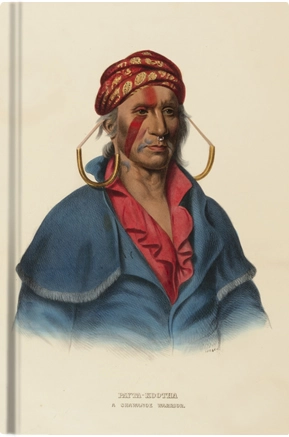
Washing Out The White: The Blog
If you grew up in the 1960s, you know the name, Davy Crockett, an outdoorsman who was nicknamed “The King of the Wild Frontier” by television gurus. But before Mr. Crockett, came Daniel Boone. Who was the real Daniel Boone, and what is The American Frontier? The answer to those two queries depends on who is answering the question, and in what time period the question refers to.
The American Frontier is steeped in the myths of American culture. It’s a geographic place that existed in the seventeenth through the early twentieth century during the period of American expansion. It has been mythologized and romanticized almost since the idea was first brought to America’s earliest European settlers in the 1600s.
An American historian, Frederick Jackson Turner, popularized the concept of the American Frontier in 1893 when he gave a speech at the Chicago World’s Fair. In his presentation, Turner called the Frontier “The meeting point between savagery and civilization.” He believed that the frontier was the geographic point furthest from civilization, and that the point was everchanging as America expanded westward.
Pioneers who first explored, then settled this frontier, were changed by their confrontations with the wilderness and with the native peoples who already inhabited the lands. It was about these wild and forested lands that various myths began to take root.
One particular myth that heavily influenced the American psyche was that of the frontier hero. Such heroes included William Clark, Merriwether Lewis, Christopher “Kit” Carson, William “Wild Bill” Cody, Davy Crockett, and Daniel Boone. These so-called heroes either embellished their own reputations for material gain or to promote their legacies for posterity. Sometimes, their tales were embellished for them by writers such as James Fenimore Cooper. Cooper’s The Last of the Mohicans comes to mind immediately.
One of these superheroes, Daniel Boone, has been written about extensively by historians. Boone was certainly an intrepid explorer who also guided hundreds, if not thousands, of land-hungry settlers through the Cumberland Gap in the Appalachian Mountains into Kentucky. In Kentucky, Boone was well known to white settlers and to native peoples as an effective hunter. It was a writer named John Filson who contributed the most to Boone’s reputation as a man worthy of adulation. Filson wrote a novel he called The Discovery, Settlement, and present State of Kentucke…To which is added An Appendix, Containing The Adventures of Col. Daniel Boon.
According to an article on frontier myths, Wikipedia, the Free Encyclopedia, notes that Filson took Boone’s story, and turned it into a romantic myth. Wikipedia also claims that “Filson used Indian warfare, captivity narratives, and journals of spiritual revelation and growth to inflate the Daniel Boone he was trying to portray.” Just how accurate is the myth of Boone as the enigmatic and effervescent frontier hero? Might there be a few little-known tales about Daniel Boone and his colleagues that have yet to be told?
A soon-to-be-published novel that is based on historical facts might shed some light on Boone’s place in the westward expansion of America. That novel, Washing Out the White, promises to reveal more about Boone and the twenty-seven men who were known as the saltgatherers. Not to give away too much, Daniel Boone and Me explores a period of history before, during, and just after the American Revolutionary War. It will be published in mid-to-late 2024. Stay tuned for more blogs like this one.